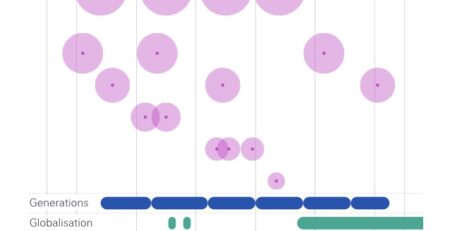Widowhood and Retirement Timing: Evidence from the Health and Retirement Study
By Philipp Schreiber (University of Mannheim)
The combination of an increasing life expectancy, low fertility rates, and an early effective retirement age creates pressure to act for Governments and organizations. The pay-as-you-go social security systems of many countries are troubled by the increasing ratio of retirees to working people. In addition, many organizations face difficulties caused by a shrinking workforce and the accompanied shortage of skilled workers. To counteract, it is essential to create an environment in which older workers are encouraged to stay in the workforce. Therefore, it is important to understand which factors influence the retirement timing decision of workers. This study analyzes how widowhood and changes in demographic, health-related, and financial factors lead to changes in retirement plans of HRS respondents. I compare respondents actual retirement age with their retirement plans elicited in the HRS wave prior to retirement. The strongest change in retirement timing is caused by widowhood. Respondents who become widowed retire on average 1.6 years earlier than previously planned. This effect seems to be driven by a deterioration of physical health, mental health, and social and morale behavior. My findings suggest that an intervention in an early stage after widowhood by the employer or by health and social care services can help the widowed employee to overcome the temporary adverse effects of widowhood and to prevent a precipitous retirement decision.
Full Content: SSRN










